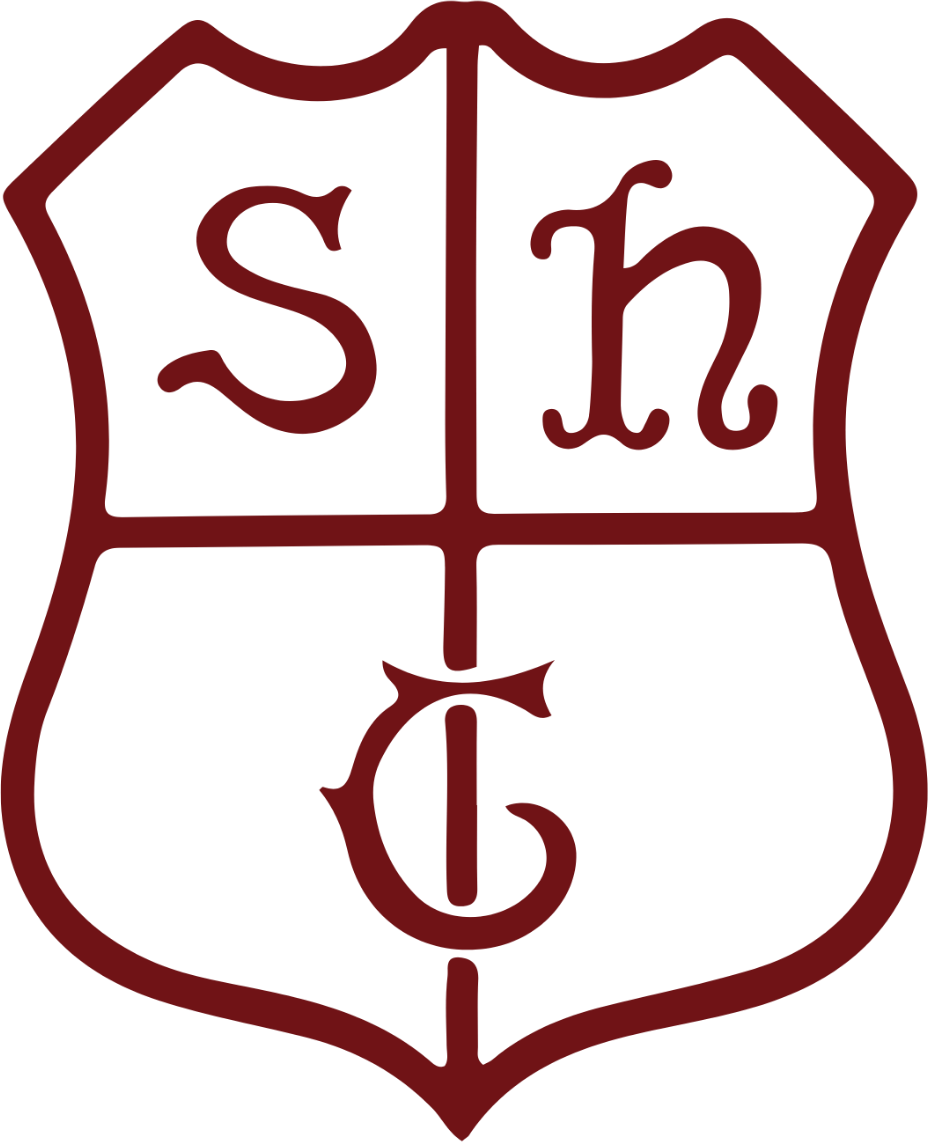
Enrichment
Enrichment in the classroom
Enrichment in school takes many forms. One important aim is to take the basic curriculum subjects and expand them, looking at them in more depth or from a different perspective – something that benefits all children and the more able children, in particular.
Examples of how we might provide enrichment within the daily timetable include:
- Encouraging children to do further research into a subject, for example by using books and websites, compiling presentations, or making posters
- Setting tiered activities that take into account the different abilities within the class and allow more able students to work at a higher or wider level
- Enabling small groups to work with a teacher or teaching assistant to explore a subject in greater depth – also known as an ‘enrichment cluster’
- Helping children develop social and interpersonal skills through activities such as circle time and debates
- Applying learning and knowledge across the curriculum: for example, if a child is learning about the Great Fire of London as a history topic, it could be extended to include science (what do fires need to burn, and how does that explain why it spread so rapidly?) or English (writing a diary entry from the perspective of a Londoner at the time of the fire)
- Passing on their skills and knowledge to younger children, such as by being a reading buddy
Enrichment outside the classroom
Much enrichment takes place outside the classroom or the timetable of the normal school day.
Enrichment clubs and activities can take many forms, and can enhance social and teamwork skills.
Enrichment opportunities in at Sacred Heart include:
- Lunchtime and after-school clubs like choir, art, sewing or sport
- Music lessons (usually paid for by parents) and opportunities to use musical talents, for example in choirs and concerts – both practising and performing
- School plays, shows, assemblies and sports day
- School trips and residential visits
- Outdoor learning opportunities
- Whole-school events like World Book Day and Do something Different Days
- Supporting charities through activities to raise funds or food bank collections
- Bikeability or scooter training
- Visiting speakers, for example authors, local figures or parents who have skills or expertise to share (e.g. a firefighter or vet)
- Local or national challenges like story writing, maths or engineering competitions
- Being active in the local community, such as through litter picks, carol singing in elderly care homes or local Christmas Light Up evening.
These are just a few of the many diverse enrichment activities we might use.
The DfE has also introduced an Activity Passport: a list of suggested enrichment activities for pupils under 11 to take part in, such as going for a nature walk or visiting a local landmark.
Enrichment at home
You probably already do a lot of enrichment at home without really realising.
Reading together, roleplay games, board games, singing, dancing, cooking, gardening, painting and drawing all count.
Family visits to art galleries, zoos and museums will add depth to your child’s knowledge. There are also structured activities that your child can take part in, such as music or swimming lessons, Brownies or Cubs, or being part of a sports team.
Look out for learning activities and competitions that your child can get involved with. The Summer Reading Challenge runs annually in libraries to encourage kids to read for pleasure, and there are lots of other opportunities to learn while having fun, such as applying for a Blue Peter badge or entering a writing competition like 500 Words.
Helping your child to find answers to their many questions is also a form of enrichment. If you aren’t able to give them an answer help them find someone or somewhere that can. Perhaps a family friend, the local library or the internet might be able to satisfy their curiosity. The idea is to help them build up their bank of resources for the future to help them continue expanding their knowledge.
If you have a more able child, charities and organisations such as Mensa and Potential Plus UK often offer enrichment activity days and events throughout school holidays; these are a great way for children to meet with other gifted children and learn from each other.


